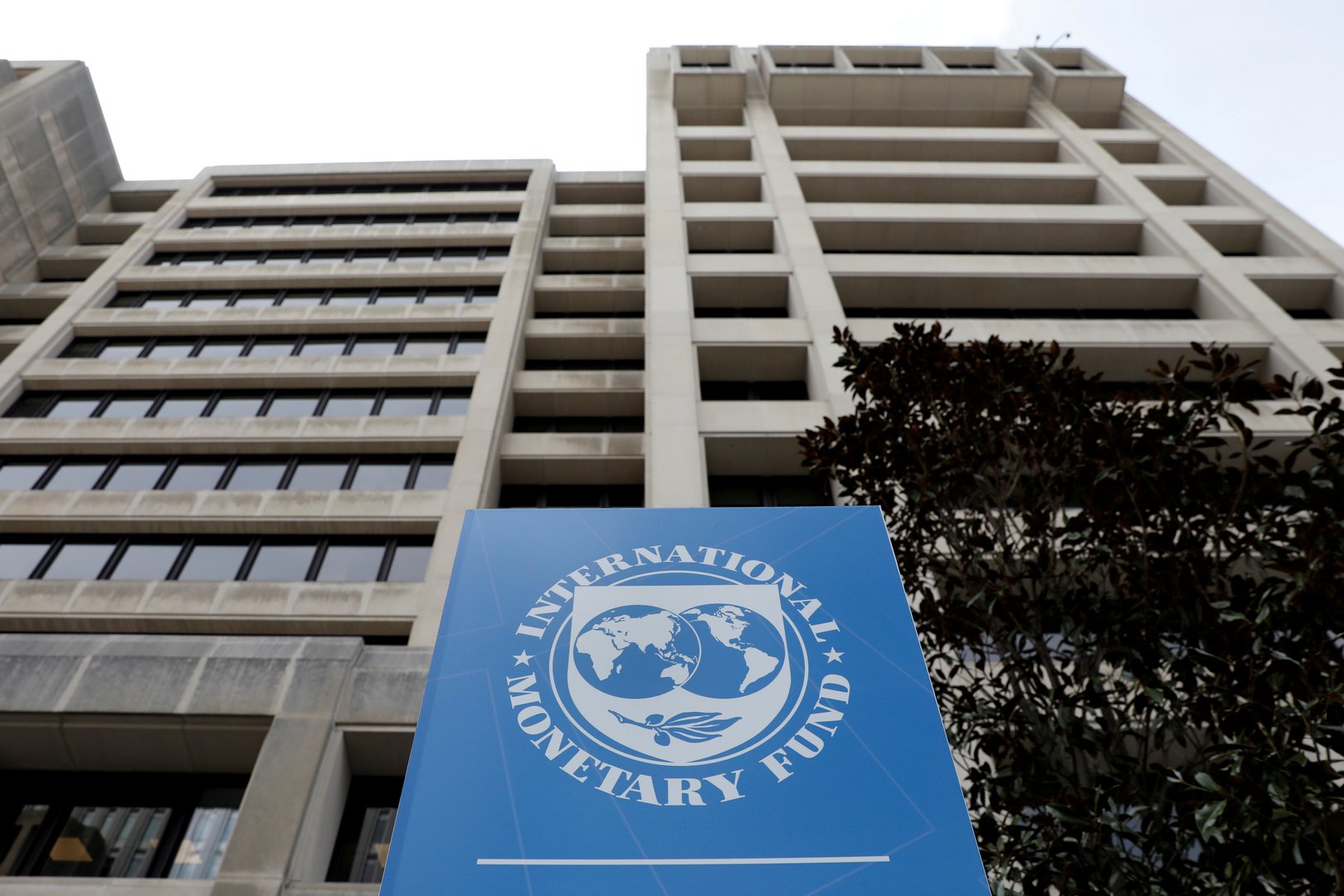The International Monetary Fund praised Cyprus for its strong economic performance in its latest report. It commended the substantial primary surpluses, the ongoing efforts to reduce the public debt and noted the economy’s quick recovery from the pandemic as well as its resilience in dealing with multiple exogenous shocks. Inflation was also under control, falling to below 2 per cent, while the growth rate, forecasted at 2.6 per cent for this year, was above the Eurozone average.
In short, the indicators were good, but the IMF also recommended measures that would strengthen the economy and further improve its long-term prospects. Among these were the phasing out of the electricity subsidies and VAT exemptions, that were put in place to help people deal with rising prices. It also advised against further cost-of-living adjustments to wages. This was a direct criticism of the change in the calculation of CoLA which coincided with the high inflation rate.
A basic rule of economics is that in times of rising prices, increasing wages fuels inflation rather than safeguarding the purchasing power of wages. Although the unions and populist politicians of Cyprus claim that the upward adjustment of wages helps people, this is not necessarily the case. It certainly does not help the low-income earners, most of whom are not entitled to CoLA, and have to cope with prices rising even higher – a business that sees its payroll increase will pass on the higher labour cost to consumers.
In Cyprus however, we have always ignored the advice of highly qualified and experienced economists working for the IMF and the World Bank preferring to listen to dogmatic union bosses and politicians whose only consideration is pandering to them and their members. We operate on the assumption that union bosses, most of whom are not even economists, have a better understanding of how an economy works than the experts employed by organisations that specialise in economic analysis.
Other recommendations were also made regarding the foreclosures framework and additional vigilance of the systemic risks from the real estate market. It also urged more reforms to the justice system and labour markets as the way to streamline the business environment. Reforms of the labour market would never be permitted by the experts of the unions who draw their power from the rigidities they have imposed in the market over the years. If anything, they want to impose even more through the so-called collective agreements and the placing of obstacles to the import of workers for sectors facing acute labour shortages.
Politicians and union bosses could argue that all these recommendations could be ignored, given the strong showing of the economy with its primary surpluses and strong growth rates and they would have a point. Then again it is the long-term strength and resilience of the economy that we should all be working for and this will only be achieved by heeding the advice of the experts.






Click here to change your cookie preferences